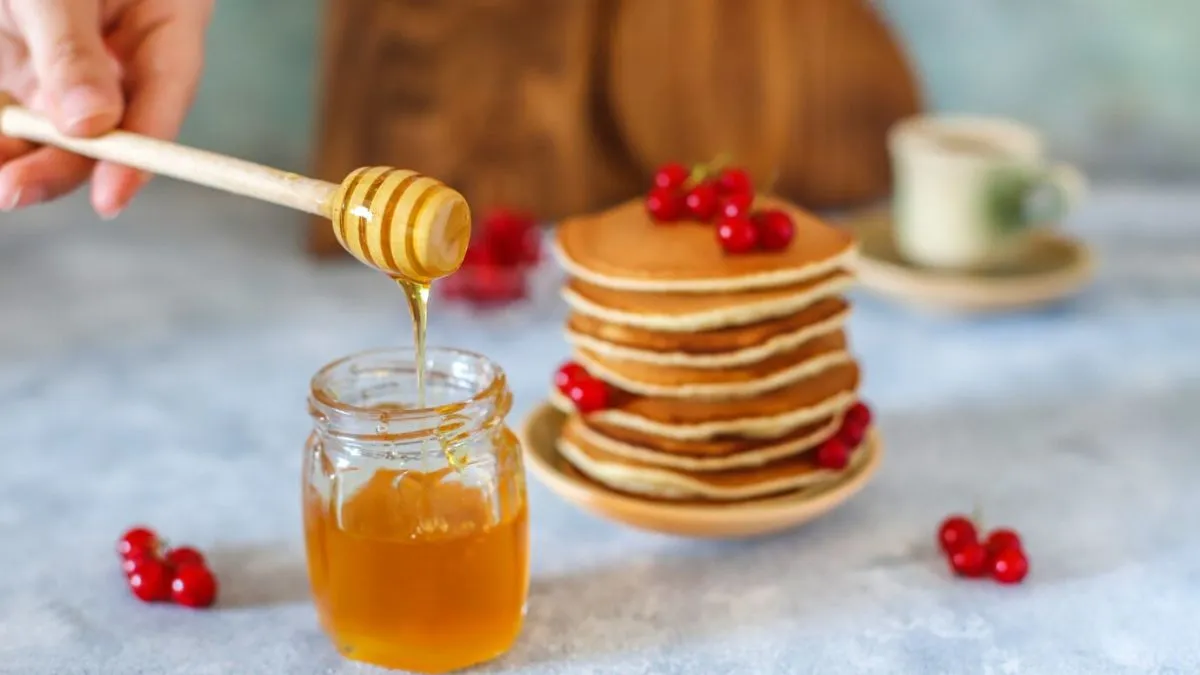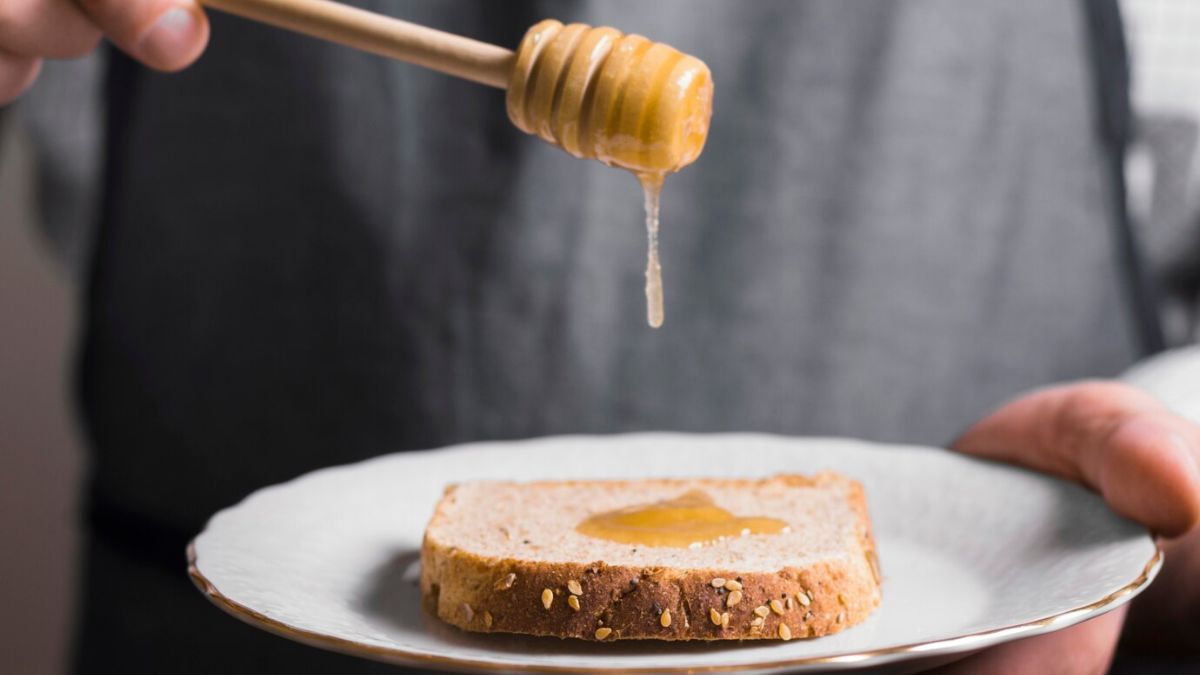
Honey is a natural sweetener and a versatile addition to your kitchen during the summer months. It's healthier and less refined than normal refined sugars, and it's a great natural sweetener for foods and beverages. However, proper usage and storage are even more important during the summer with high heat levels.
Table of Content:-
In this article, Mr. Yusuf Galabhaiwala, Founder of HoneyAllDay shares how you can use honey as a sweetener and get the most out of it while keeping it at its finest during warmer weather.
Utilizing Honey as a Natural Sweetener This Summer
1. In Drinks
One of the simplest uses of honey is incorporating it into your summertime drinks. Whether lemonade, iced tea, or smoothies are your drinks of choice, honey acts as a natural sweetener. All that is required is to add a small teaspoon of honey as a natural sugar substitute in the drink.
Tip: Since honey doesn’t dissolve well in cold liquids, mix it with a little warm water first before adding it to chilled drinks.
2. In Fruits and Salads
Honey pairs beautifully with summer fruits. Drizzle a small amount of honey to your fruit salad for added taste, or blend it with yogurt to make an excellent dip for fruits of your choice. Honey's complements the natural flavors, such as berries, melons, and peaches, making it the ideal choice for your summer dishes.
Also Read: 6 Delicious Ways To Use Honey In Your Winter Breakfast For All-Day Energy
3. In Baking
Honey can be used as a sugar substitute in baking, Honey brings moisture and a deep, distinct flavor to baked items. Honey can be used in cake, muffin, or cookie recipes; just make sure to make adjustments in quantities.
4. Used as a topping over toast or oatmeal

First thing in the morning, honey can be drizzled over toast or oatmeal to provide a natural and healthy sweetness. It's ideal for individuals wishing to kickstart their day with something light and healthy, offering a quick burst of energy.
5. In Homemade Ice Cream
With the warmth of summer, homemade ice cream is always a favorite. Instead of using processed sugar, honey can be used to sweeten your homemade popsicles and ice cream. Not only does it make the ice cream healthier, but it also gives the ice cream a smooth, rich taste that is ideal for summer desserts.
Best Practices for Keeping Honey Fresh in Summer
Honey is a natural substance and can remain for a long time if stored properly. But when it gets hot, certain best practices help maintain your honey fresh, pure, and without crystallization.
1. Store Honey in a Cool, Dry Place
Honey must be kept in a dry, cool location, away from sunlight and heat. The best place is at room temperature (about 65-75°F or 18-24°C)). Too much heat will drive some of the honey's natural enzymes out and affect its taste. Keeping honey near heat sources, such as the stove or a sunny window, can cause it to lose some of its beneficial properties.
Also Read: Healthy Snacking: Why You Should Choose 100% Natural Sweeteners For Your Kids
2. Use Airtight Containers
Always store honey in a sealed, airtight container. Honey takes moisture from the air, and when exposed to extra moisture, it results in fermentation. Always close your honey jar or bottle with a tightly sealed lid to keep it pure and free from contamination.
3. Do Not Refrigerate Honey
Honey does not spoil, but refrigeration speeds up crystallization, making it thicker and harder to use. If crystallization occurs, place the honey jar in a bowl of warm water and stir gently to restore its liquid consistency.
4. Keep Honey Away from Strong Odors
Honey is very absorbent and will pick up the scent of the environment. It's best to keep honey separate from foods or other products with a strong odor (such as onions or garlic) since it will impart the taste to the honey.
5. Look for Signs of Spoilage
Even though honey possesses a very long shelf life, it is worth checking for signs of spoilage. Pure honey is inherently antimicrobial and should not normally go bad. Nonetheless, in the event of some unusual odor, mold, or texture alteration, it is possible that it got contaminated. Always check the purity of your honey, particularly if it's improperly stored.
Conclusion
Honey is more than just a sweetener—it’s a natural, healthier alternative to refined sugar with numerous benefits. Whether used in beverages, desserts, or daily meals, it enhances both taste and nutrition. By following proper storage practices, you can enjoy fresh, high-quality honey all summer long.
Also watch this video
How we keep this article up to date:
We work with experts and keep a close eye on the latest in health and wellness. Whenever there is a new research or helpful information, we update our articles with accurate and useful advice.
Current Version
